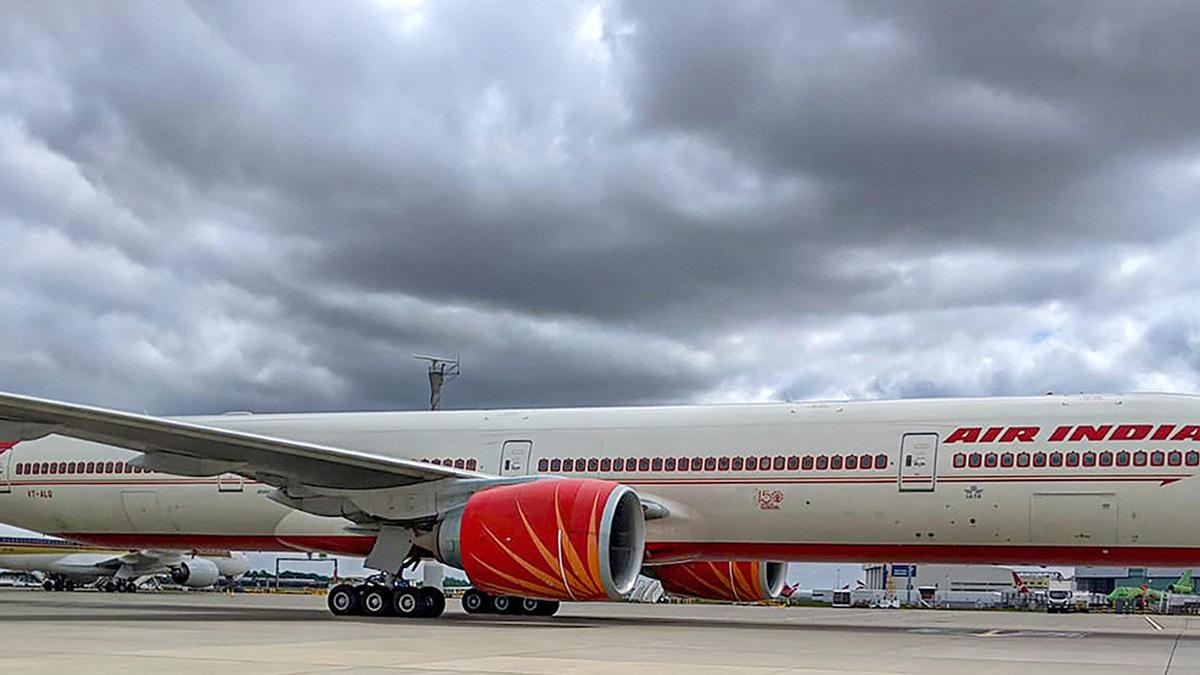TRAI also asserted it is for the DoT to decide on the validity period of auctioned spectrum
TRAI also asserted it is for the DoT to decide on the validity period of auctioned spectrum
TRAI on Monday said it is for the Telecom Department to decide if the frequency range of 27.5-28.5 GHz is to be allocated or auctioned for IMT/5G services, as the regulator stood its ground on various auction-related issues where it had given recommendations recently.
The Telecom Regulatory Authority of India (TRAI) also defended its views on separate band-specific minimum rollout obligations it has prescribed for 3,300-3,670 MHz and 24.25-27.5 GHz bands.
On the Department of Telecom’s (DoT’s) views that minimum rollout obligations should be applicable in a combined manner to 3,300-3,670 MHz band and 24.25-27.5 GHz bands, TRAI argued that these bands will not be auctioned in a bundled manner but separately.
“Technical characteristics of these two bands are quite different and use cases likely to be deployed using these spectrum bands are also likely to be different,” TRAI said in its response to the DoT’s back reference on spectrum auction related issues.
“Imposing combined roll out conditions on a TSP (telecom service provider) acquiring spectrum in one of these bands will not be justifiable. Moreover, combined minimum roll out obligations may also open doors for hoarding of spectrum in one of these spectrum bands, leading to underutilisation of valuable natural resource viz. spectrum,” TRAI said.
The whole objective of prescribing minimum rollout obligation is to ensure that spectrum is put to use at the earliest and benefit starts deriving by way of offering services to fulfil the needs of the subscribers, leading to overall economic growth of the country, TRAI said.
TRAI said it has given its recommendations for all the spectrum bands (that had earlier been referred to it by DoT) including the frequency range 27.5-28.5 GHz as part of 24.25-28.5 GHz band for IMT/5G.
“Coexistence of Satellite Earth Station Gateway (Earth to Space) with IMT (International Mobile Telecommunications) has also been recommended in 27.5-28.5 GHz frequency range”, TRAI said.
“However, it is for the DoT to decide whether frequency range 27.5-28.5 GHz is to be allocated/auctioned for IMT/5G,” TRAI said.
TRAI has also asserted that it is for the DoT to decide on the validity period of spectrum that is auctioned.
TRAI observed the government’s decision conveyed in DoT’s letter regarding the increase in duration of spectrum assignment to 30 years (from 20 years previously) for future auctions.
“Duly factoring in this Government decision, the Authority, after an analysis of the relevant factors, recommended…that the reserve price of spectrum allocation in case of 30 years should be equal to 1.5 times (one-and-a-half times) the reserve price of spectrum allocation for 20 years for the respective band,” TRAI said.
“However, it is for the DoT to decide upon the validity period of spectrum assignment through the auction,” the regulator wrote.
On the issue of private captive network, TRAI said while demand assessment is required for one of the options (pertaining to enterprises obtaining the spectrum directly from DoT for establishing their own isolated Captive Wireless Private Network), “it is not required” for enterprises to obtain the spectrum on lease from operators and establish their own isolated Captive Wireless Private Network.
“Further, the third option of leasing of spectrum is essential to meet the demand for private networks. The leasing option can be implemented now itself,” TRAI said.





